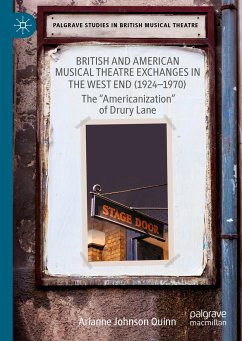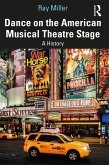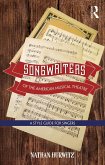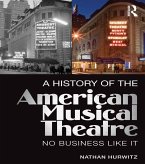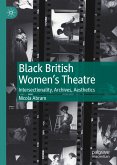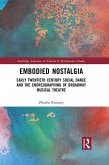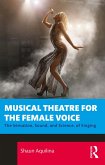This monograph centres on the history of musical theatre in a space of cultural significance for British identity, namely the Theatre Royal, Drury Lane, which housed many prominent American productions from 1920-1970. It argues that during this period Drury Lane was the site of cultural exchanges between Britain and the United States that were a direct result of global engagement in two world wars and the evolution of both countries as imperial powers. The critical and public response to works of musical theatre during this period, particularly the American musical, demonstrates the shifting response by the public to global conflict, the rise of an American Empire in the eyes of the British government, and the ongoing cultural debates about the role of Americans in British public life. By considering the status of Drury Lane as a key site of cultural and political exchanges between the United States and Britain, this study allows us to gain a more complete portrait of the musical'scultural significance in Britain.
Dr. Arianne Johnson Quinn is an archivist, librarian, and scholar. She is currently the Music Special Collections Librarian at the Warren D. Allen Music Library, Florida State University, USA. She holds a Ph.D. in Musicology from Princeton University, and has worked as Digital Archivist and Research Associate for the Noël Coward Archive Trust. Arianne has been on the faculty of the Florida State Honors Program, South Georgia State College and Tallahassee Community College. Her research focuses on the intersections between the American and British musical in London's West End from 1920-1970, particularly the works of Noël Coward, Kurt Weill, Lerner and Loewe, Irving Berlin, Cole Porter and Rodgers and Hammerstein.
Dieser Download kann aus rechtlichen Gründen nur mit Rechnungsadresse in A, B, BG, CY, CZ, D, DK, EW, E, FIN, F, GR, HR, H, IRL, I, LT, L, LR, M, NL, PL, P, R, S, SLO, SK ausgeliefert werden.

